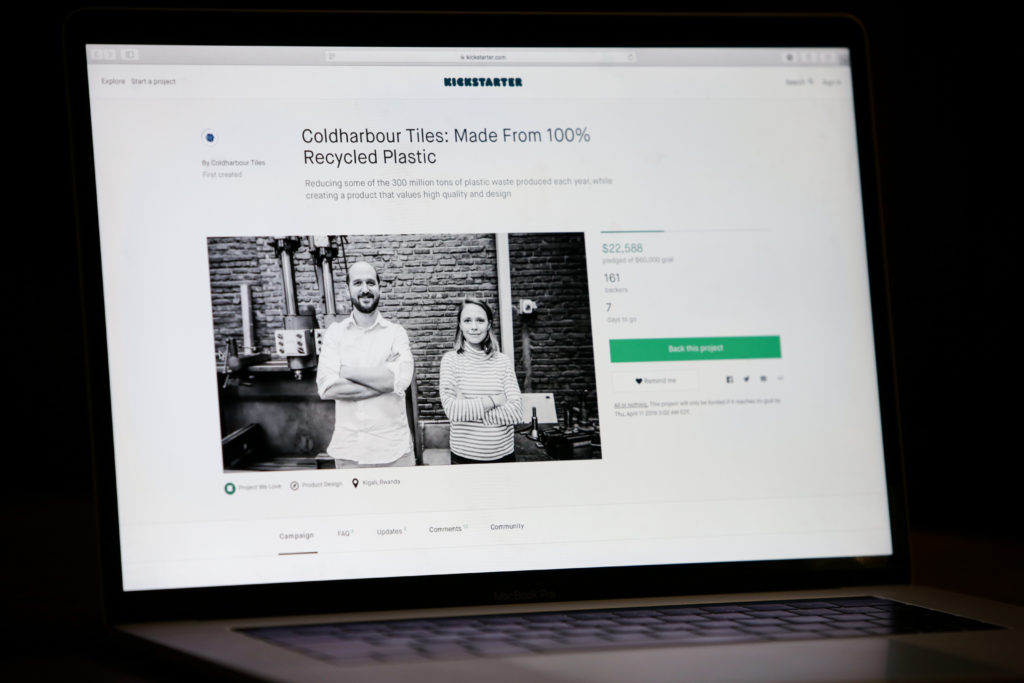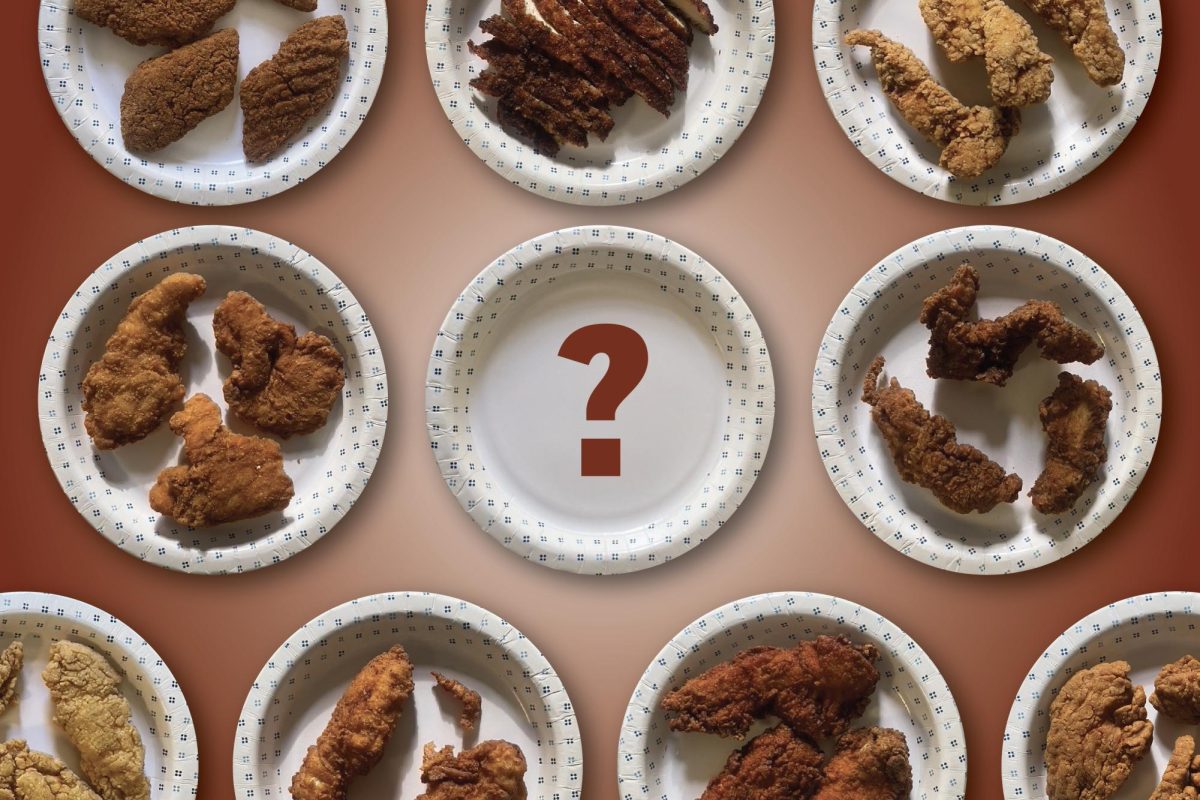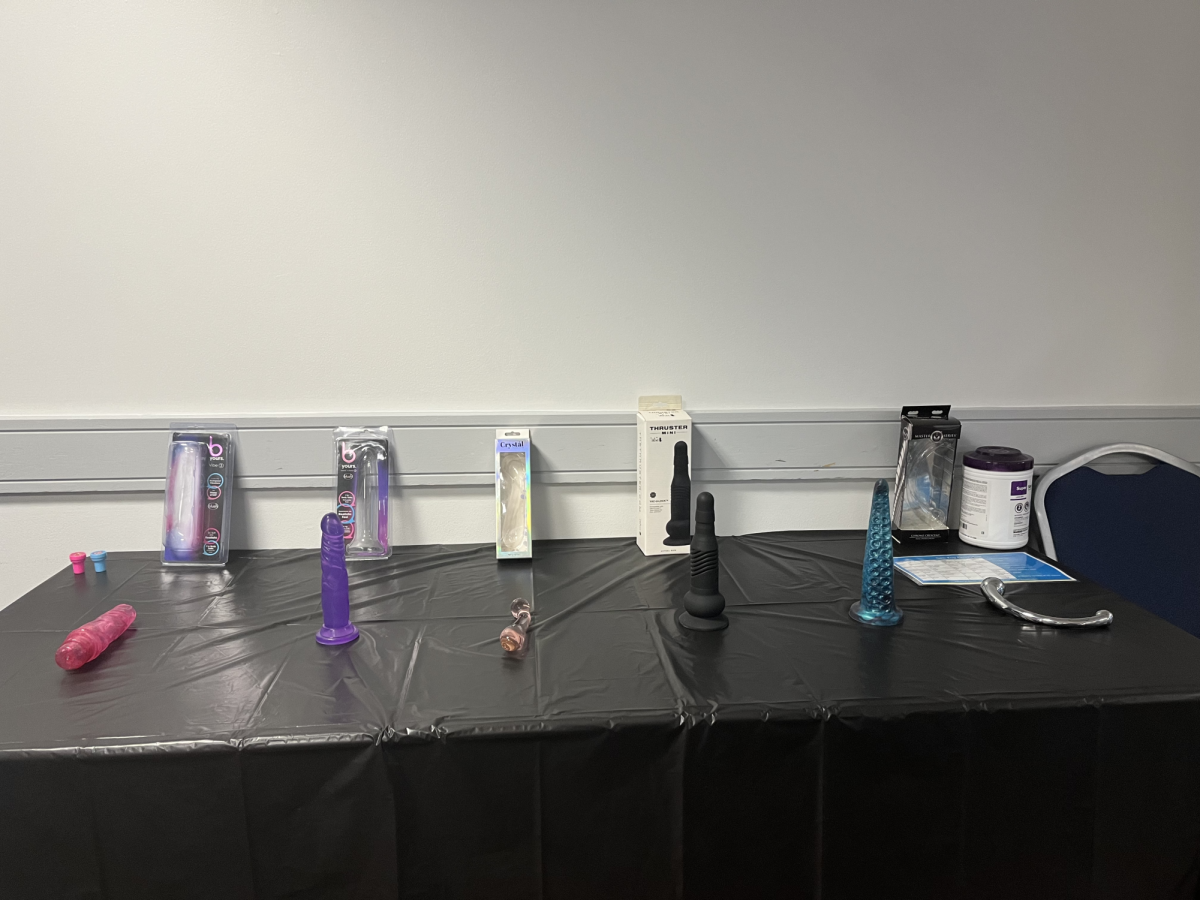Updated: April 4, 2019 at 10:46 p.m.
An alumna is trying to reduce plastic waste with eco-friendly luxury tiles.
Emily Packer, who graduated with a bachelor’s degree in American studies in 2008, is the co-founder of Coldharbour Tiles, a Rwanda-based company that turns used plastic into colorful decorative tiles. After earning her master’s degree in global communication with a focus on public policy at the American University of Paris in 2010, Packer embarked on a yearlong trip to 23 countries to document solutions to environmental and social issues, like pollution and land mines – but found the most striking issue across the globe was plastic waste.
“It was really in my face how bad the plastic problem is,” Packer said. “So I was constantly thinking, I wish I could do something, there’s basically free material lying around.”
Packer partnered with Jake Calhoun, the chief finance officer of a Kenyan-based nonprofit and the co-founder of Coldharbour Tiles, to create the product. The tiles come in various shapes and sizes ranging from a 2-centimeter wide hexagon to a 15-centimeter wide rectangle and are printed in solid, bold colors.
The tiles, which are water-proof and heat-resistant, can be used to tile bathrooms and kitchens or to refurbish the surface of tables and other flat pieces of furniture.
The pair launched a fundraiser on Kickstarter in late February and aims to raise $60,000 by next week. The company has raised more than $20,000 and garnered more than 160 backers as of
Thursday, according to its website.
If Packer and Calhoun reach their goal by next week, the company will be ready to distribute tiles by February 2020.
“In Rwanda, the tile options are very limited, and I also didn’t want to create something that would end up back in the waste stream in another two or three years,” Packer said. “I like the idea of a product that has longevity and can be put up and left there for generations.”
Packer uses an eight-step process to create the tiles, which are repurposed from items like shampoo bottles, lotion containers and bottle caps. Plastics are first gathered from trash collectors in Rwanda and then washed and shredded. The scraps of plastic are pressed into a stainless steel mold – which are hexagonal, rectangular or square shaped – and then melted.
Once the plastic is melted at 180-degree Celsius, the material is pressed into a tile and polished using organic Rwandan beeswax. Packer said she typically produces about six tiles at a time.
Individuals can purchase tiles in several eccentric colors, including metallic silver, gold and “Mediterranean Sea,” an iridescent mix of purple and blue.
“We want to reshape people’s perceptions of how plastic waste can be used,” Packer said. “Right now, the relationship is that you use it once and throw it away, but plastic is actually a really durable, noble material if it’s used for the right things.”
This post was updated to reflect the following correction:
A previous version of this article spelled Packer’s name incorrectly on some references. It has been corrected. We regret this error.




